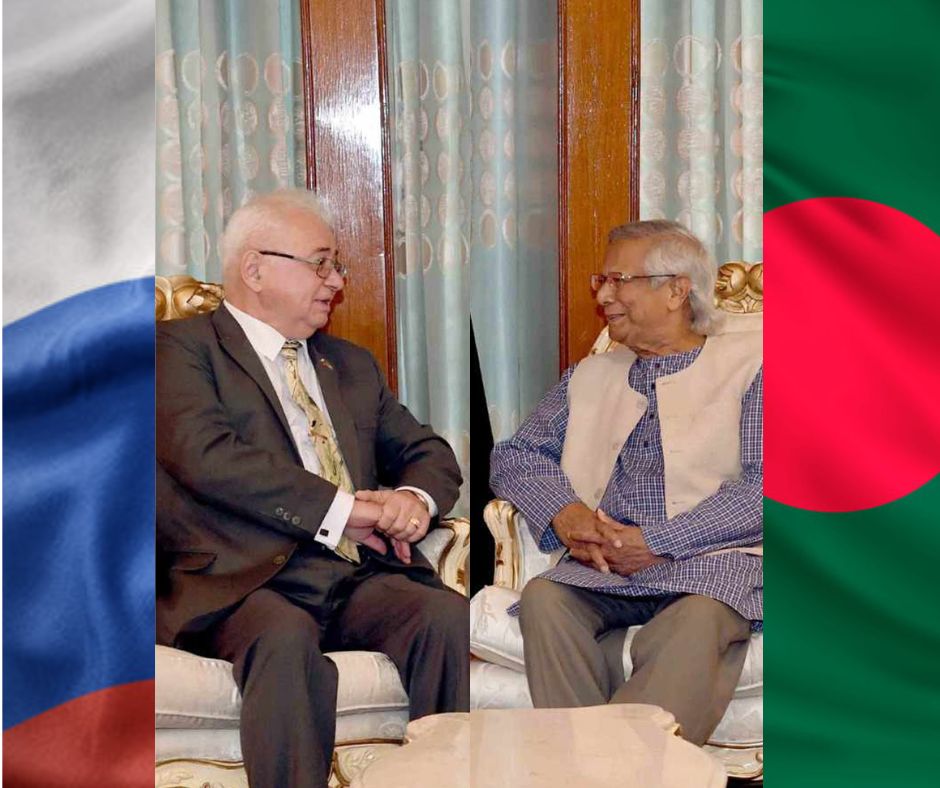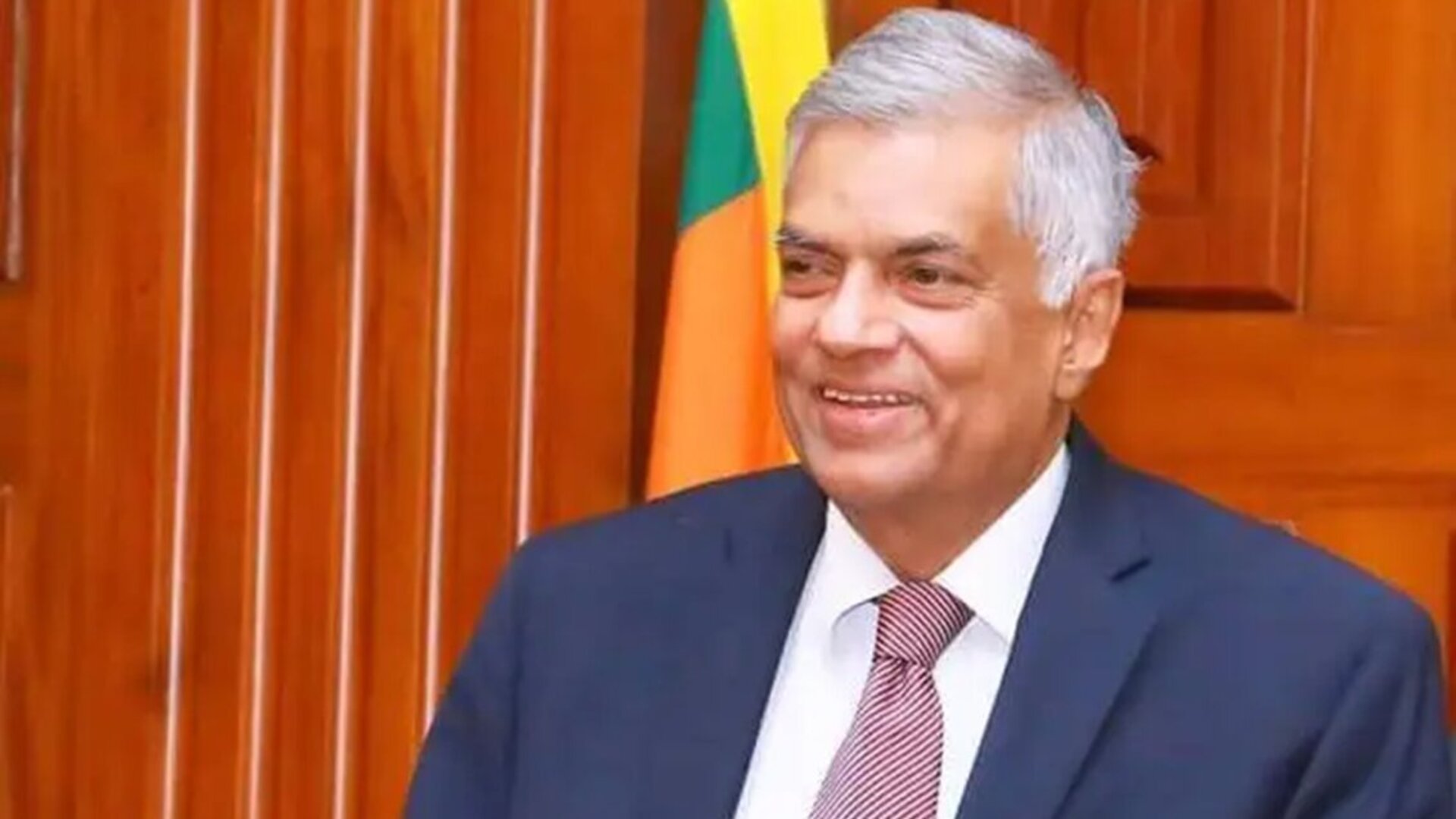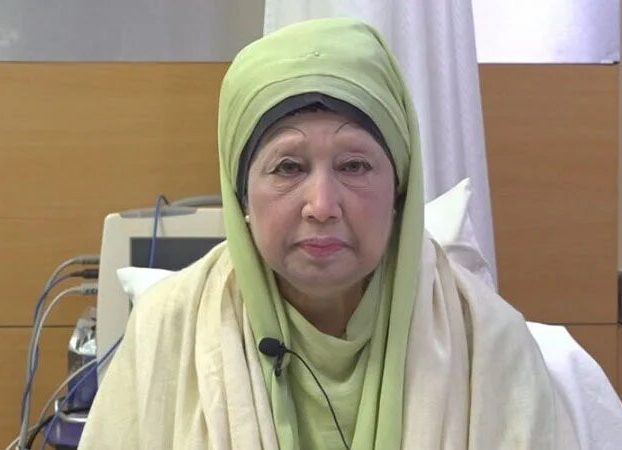
The recent diplomatic meeting between Professor Dr. Muhammad Yunus, the Chief Advisor of Bangladesh’s interim government, and Alexander Mantytskiy, the Russian Ambassador to Bangladesh, held at the state guesthouse Jamuna, has brought to light the deepening relationship between the two nations. The discussions, which covered a wide range of issues including economic collaboration, scientific cooperation, and defense partnerships, signal Russia’s unwavering support for Bangladesh on the international stage. This report delves into the intricacies of this diplomatic exchange, highlighting its significance for both countries and the broader geopolitical landscape.
Russia’s Support on the International Stage
One of the most significant outcomes of the meeting was Russia’s explicit commitment to stand by Bangladesh on international platforms. Ambassador Mantytskiy assured Dr. Yunus that Russia views Bangladesh as a key ally in the South Asian region and is committed to supporting its interests globally. This pledge is particularly important in the context of the current global power dynamics, where alliances and support from influential countries like Russia can significantly impact a nation’s international standing.
For Bangladesh, which is navigating complex relationships with neighboring countries and balancing ties with global powers like the United States, China, and India, Russia’s support is a strategic advantage. The assurance from Russia reinforces Bangladesh’s position in international forums, such as the United Nations, where decisions on global security, economic sanctions, and climate change are made. Bangladesh’s growing role in peacekeeping missions and its leadership in climate change discussions are areas where Russian support could be instrumental.
Economic and Technological Cooperation
The meeting also highlighted the ongoing and future economic collaborations between Bangladesh and Russia. A key area of focus was the construction of the Rooppur Nuclear Power Plant, which is being built with Russian technical and financial assistance. Ambassador Mantytskiy provided updates on the project, noting that the construction is nearing completion and is expected to become operational next year. This project, a flagship of Bangladesh-Russia cooperation, is poised to significantly enhance Bangladesh’s energy capacity and reduce its dependence on fossil fuels.
Dr. Yunus acknowledged Russia’s role in advancing Bangladesh’s energy infrastructure and emphasized the need to expand cooperation into other sectors. The discussion also covered food security, energy exploration, and scientific and technological support. Bangladesh imports a substantial portion of its food grains and fertilizers from Russia, making it a vital economic partner. In 2023 alone, Bangladesh imported over 2.3 million tons of wheat from Russia, with the current year’s imports already exceeding 2 million tons. This dependency underscores the importance of stable and continued economic relations between the two nations.
Diversification of Bangladesh’s Export Market
During the meeting, Dr. Yunus made a strong case for the diversification of Bangladesh’s export portfolio. While the ready-made garments (RMG) sector remains the cornerstone of Bangladesh’s exports, contributing significantly to its GDP, Dr. Yunus urged Russia to consider importing a wider range of Bangladeshi products. The appeal reflects Bangladesh’s broader strategy to reduce its economic vulnerability by diversifying its export markets and product base.
Bangladesh’s economy, heavily reliant on the RMG sector, has been seeking to expand into other industries such as pharmaceuticals, agro-products, and ICT services. The European Union, the United States, and several Asian countries have traditionally been the largest markets for Bangladeshi exports. However, expanding into the Russian market with a diversified product range could open up new economic opportunities and reduce the country’s dependency on a limited number of export destinations.
Energy Exploration and LNG Imports
The meeting also explored the potential for expanded energy cooperation between the two countries. Ambassador Mantytskiy expressed Russia’s interest in increasing its involvement in Bangladesh’s energy sector. Gazprom, Russia’s state-owned energy company, is keen to explore and develop new gas fields in Bangladesh, including the discovery of five new gas wells. This move is part of Bangladesh’s broader strategy to enhance its domestic energy production to meet the growing demands of its rapidly industrializing economy.
In addition to gas exploration, Russia is also interested in exporting Liquefied Natural Gas (LNG) to Bangladesh. With the country’s increasing demand for energy, particularly in the industrial and power sectors, LNG imports could play a crucial role in ensuring energy security. Russia’s entry into Bangladesh’s LNG market could provide a stable and reliable supply of energy, complementing the country’s efforts to diversify its energy sources.
Nuclear Energy: The Rooppur Nuclear Power Plant
The Rooppur Nuclear Power Plant is a central piece of Bangladesh-Russia cooperation and stands as a testament to the deepening ties between the two nations. Scheduled to begin operations next year, the power plant is expected to generate significant amounts of electricity, contributing to Bangladesh’s goal of ensuring energy for all. The plant’s completion will mark a significant achievement in Bangladesh’s quest to diversify its energy sources and reduce its carbon footprint.
The project is not only a symbol of technological cooperation but also of strategic partnership. Russia’s involvement in such a critical infrastructure project reflects the trust and mutual interest between the two countries. The plant will not only provide energy but also create jobs and boost technological expertise in Bangladesh, further solidifying the long-term benefits of this partnership.
Humanitarian and Educational Cooperation
Beyond economic and technological collaboration, the meeting also touched on humanitarian and educational cooperation. Dr. Yunus and Ambassador Mantytskiy discussed the importance of strengthening ties between the people of the two countries through educational exchanges and cultural programs. Russia has a long history of providing scholarships to Bangladeshi students, particularly in the fields of engineering, medicine, and science. Expanding these opportunities could enhance the skills and knowledge base of Bangladesh’s workforce, contributing to its long-term development goals.
Furthermore, the discussion included the possibility of Russia assisting Bangladesh during natural disasters. Given Bangladesh’s vulnerability to climate change and frequent natural calamities, such as floods and cyclones, Russia’s support in disaster management and response could be invaluable. This cooperation could include the provision of emergency supplies, technical expertise, and capacity-building programs for disaster management agencies in Bangladesh.
Geopolitical Implications
The meeting between Dr. Yunus and Ambassador Mantytskiy also carries significant geopolitical implications. As Bangladesh continues to navigate its foreign policy amid a shifting global landscape, its relationship with Russia offers strategic advantages. Russia, a major global power with significant influence in the United Nations and other international bodies, can be a crucial ally for Bangladesh, particularly in matters of global governance, trade, and security.
For Russia, strengthening ties with Bangladesh is part of its broader strategy to expand its influence in South Asia, a region of growing strategic importance. Bangladesh’s strategic location, economic potential, and active role in regional organizations like SAARC make it an attractive partner for Russia. By deepening its ties with Bangladesh, Russia can also counterbalance the influence of other major powers in the region, such as China and India.
The meeting between Dr. Muhammad Yunus and Russian Ambassador Alexander Mantytskiy marks a significant step forward in the bilateral relations between Bangladesh and Russia. The discussions covered a wide array of topics, from economic and technological cooperation to humanitarian and educational exchanges, reflecting the multifaceted nature of the relationship. Russia’s commitment to supporting Bangladesh on the international stage, coupled with its involvement in key projects like the Rooppur Nuclear Power Plant, underscores the strategic importance of this partnership.
As both countries look to the future, the potential for expanded cooperation in various sectors remains vast. The meeting not only reinforced the existing ties but also opened up new avenues for collaboration, paving the way for a more robust and dynamic relationship. For Bangladesh, maintaining and strengthening its relationship with Russia will be crucial as it continues to navigate the complexities of international diplomacy and economic development.

 A.B.M. Abir
A.B.M. Abir 


















